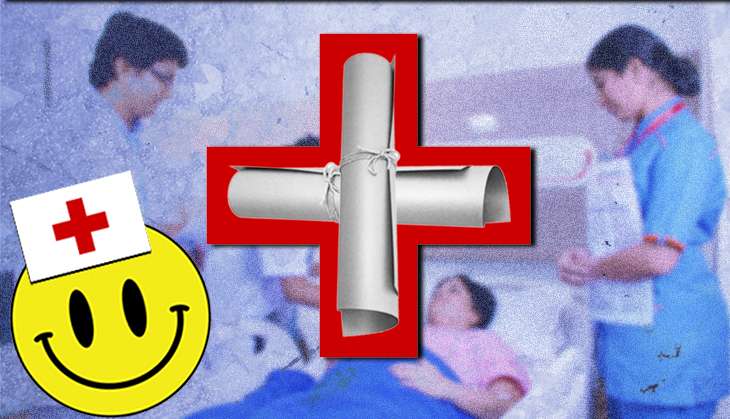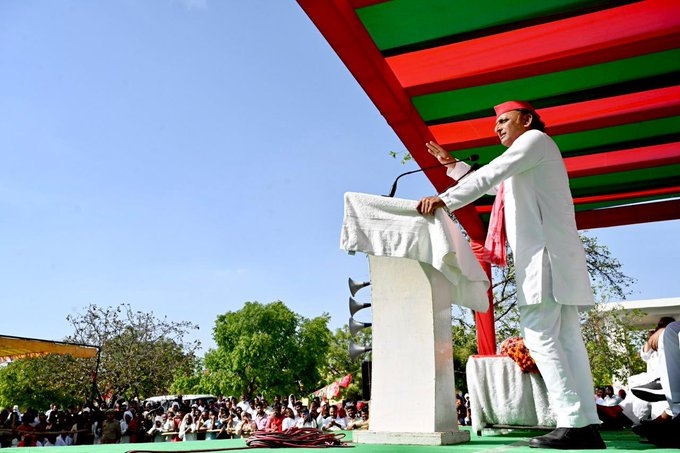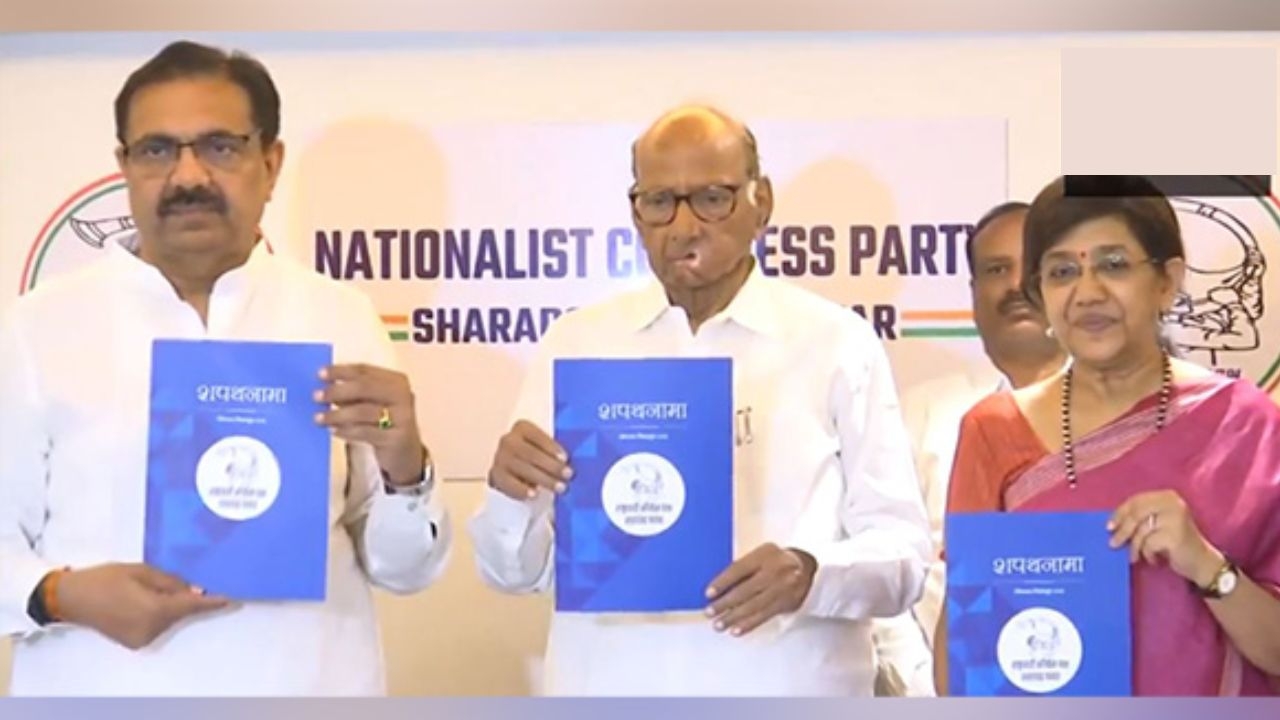Here's why the Drugs and Cosmetics Amendment Bill was withdrawn

- The 2013 Bill to amend the Drugs and Cosmetics Act, 1940, was withdrawn
- The amendments will now be modified to include new issues under the existing Act
- Stem cells, regenerative medicines, medical devices etc will be included in the new Bill
- Clinical trails and health supplements also will be brought under the Act
- Why were these inclusions necessary?
- What are the other changes inn the Bill?
The Union cabinet on Wednesday withdrew the Drugs and Cosmetics (Amendment) Bill, 2013, that was introduced on 29 August 2013 and was to amend the Drugs and Cosmetics Act, 1940.
The cabinet took the decision stating that it was not possible to regulate new areas in the medical field such as stem cells, regenerative medicines, medical devices and clinical trials under the law.
The health ministry is now working on framing separate rules to regulate medical devices under the existing Act.
"The Cabinet has, keeping in view the role of the sector in managing public health, decided that it will not be appropriate to carry out further amendments in the present Act," said a government statement.
Also read: Parliament showdown: 6 bills that may create a storm this session
The medical devices industry welcomed the move as the present legislation did not deal with medical devices separately and had been suggesting to a standing committee for fresh discussions.
Let's look at what the legislation offered and why it was withdrawn -
The amendements
The amendments to the Act include changing the definition of drugs to include various products that are not significantly used in the country and was not under the purview of the previous law of 1940.
The Drugs Controller General of India (DCGI) had not recognised such drugs previously, but with the amendment it shall include fixed dose combinations of two or more drugs, new vaccines, stem cells, gene therapeutic products etc.
Medical devices were previously not under the preview of the Drugs and Cosmetics (Amendment) Bill.
Also read: Sound debate: why the Mental Health Care Bill has divided psychiatrists
With the amendment however it will include any instrument, implant, material or any other article including software that seeks to provide diagnosis or treatment to an illness. It would also include any instrument that seeks to modify any injury or the body's anatomy .
The Bill also included the vexed issue of clinical trials, which it defines as systemic study of drugs, cosmetics and medical devices that involve their study with the objective of determining their 'safety, efficacy, performance and tolerance'.
According to the amendment, all clinical trials have to be registered under the Central Drug Authority and get approval from the Ethics Committee registered under it.
It also, for the first time, creates provisions for medical treatment and compensation in case of injury or death of a person during participation in a clinical trial.
The Central Drugs Authority (CDA) was to replace the Central Drugs Standards Control Organisation. The CDA will be composed of representatives from various government departments that deal with the health sector.
It will also have the sole authority to specify guidelines, structures and requirements for the effective functioning of licenses and disputes between two or more state licensing authorities
relating to provisions under the act.
The Drug Controller General of India will be the central licensing authority that shall have the
power to issue, renew, suspend or cancel licences for import, export or manufacture of drugs, cosmetics
or medical devices. It will also have be the authority to give the final permission on clinical trials.
The Bill also lists regulations that ensure the standard quality of drugs, cosmetics and medical devices.
The Bill specifies conditions under which they will be considered mis-branded, adulterated, and spurious. It also specifies penalties and offences for the same.
The main concerns
The Standing Committee formed and their complains was the reason the Drugs and Cosmetics (Amendment) Bill was withdrawn.
The committee had noted concerns raised by the Department of Commerce, regarding exports, new drug and medical devices which the committee states, was indicative of the fact that the Ministry of Health and Family Welfare had not done due diligence and in-depth study of all issues involved therein.
The committee proposes wider consultations before formulating the bill. They, therefore, recommend that the Ministry of Health should hold intensive and meaningful consultations with various departments and with specific reference to the concerns expressed by that department and address them.
The committee also raised the concern of food supplements that are easily available in the market and are widely recommended by nutritionists and health experts.
These food supplements are also prescribed by the doctors across hospitals and institutions in the country.
The existing CDSCO has no control over manufacturing, import, sale, distribution, efficacy,
quality standards and pricing of such products and hence the committee has raised the concern.
There is also no proof or regulation that ensures the clinical trials of such supplements and hence it is not known whether they are safe.
Health supplements will be brought under the purview of the Central Drug Administration
The committee, therefore, recommends that any such products should come under the purview of the proposed Central Drug Administration for the purpose of the import, manufacturing, sale & distribution, etc.
The committee also suggested that excessive delegation has been provided in the Bill and the composition of the Ethics Committee is not satisfactory. The committee also believes the legislation has excessive regulations with respect to medical devices.
The government's statement suggests that separate laws will be implemented to regulate medical devices and there will be separate regulations framed for drugs and cosmetics.
The government has also stated that a separate draft has already been prepared for regulation of medical devices but it has not been made public.
Edited by Jhinuk Sen
Also read: Euthanasia bill: the government actually wants to know what you think
First published: 24 June 2016, 1:12 IST




_251372_300x172.jpg)

![BJP's Kapil Mishra recreates Shankar Mahadevan’s ‘Breathless’ song to highlight Delhi pollution [WATCH] BJP's Kapil Mishra recreates Shankar Mahadevan’s ‘Breathless’ song to highlight Delhi pollution [WATCH]](http://images.catchnews.com/upload/2022/11/03/kapil-mishra_240884_300x172.png)

![Anupam Kher shares pictures of his toned body on 67th birthday [MUST SEE] Anupam Kher shares pictures of his toned body on 67th birthday [MUST SEE]](http://images.catchnews.com/upload/2022/03/07/Anupam_kher_231145_300x172.jpg)






